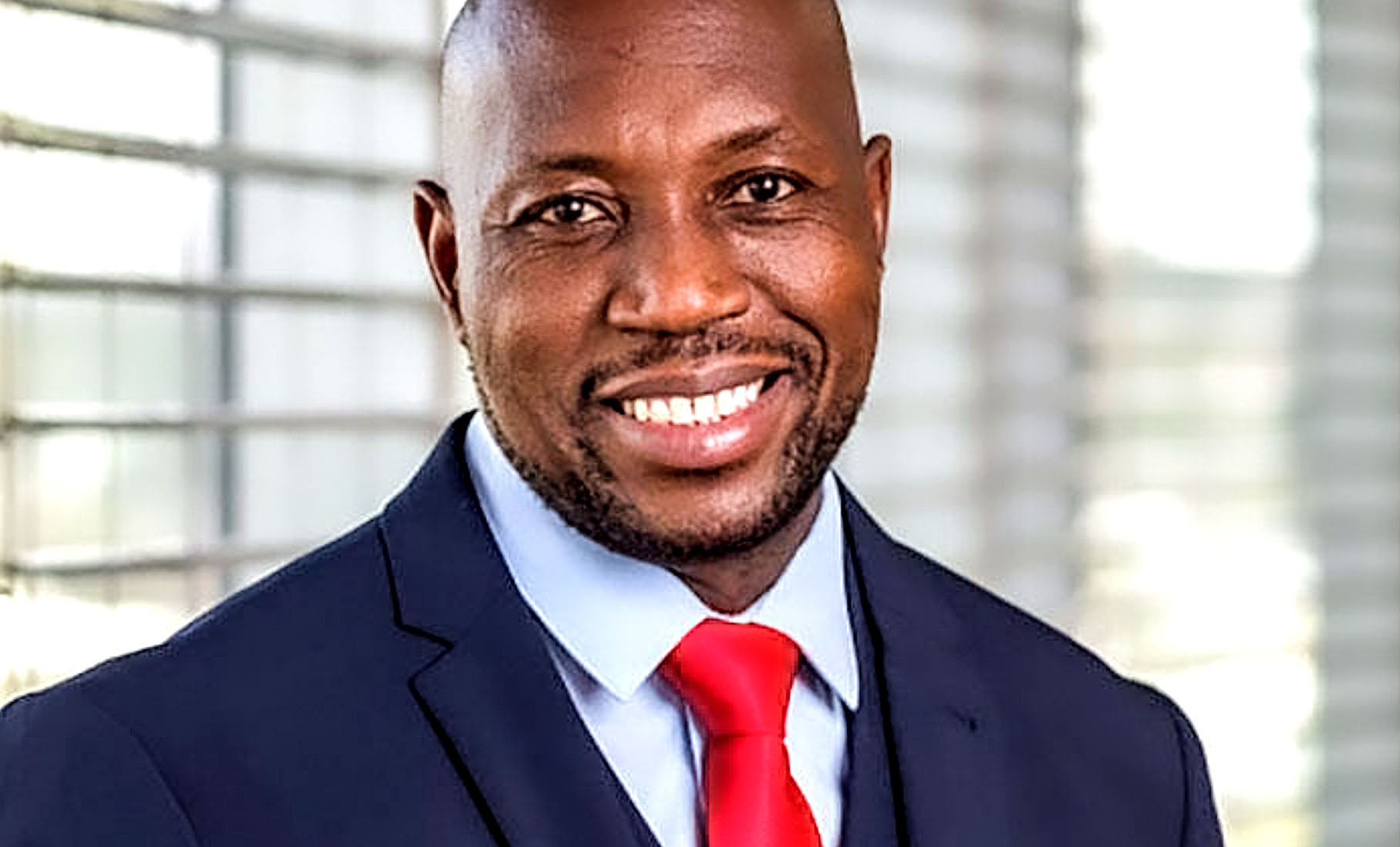The Government-Business Partnership is making significant progress, although there is still much to be done, an editors’ briefing heard late last week.
In a frank discussion, the likes of Discovery’s Adrian Gore, Sibanye-Stillwater’s Neal Froneman, Toyota’s Andrew Kirby and Business Unity South Africa’s Khulekani Mathe updated journalists on progress across the energy, transport, employment, investment and trade sectors.
In a welcome development, the business initiative has decided to tackle the decline of Johannesburg, which is now viewed as a national risk. A fifth workstream is being considered to tackle service delivery failures and restore confidence in the city as the country’s economic hub.
Introducing the update, Simon Baloyi, the chief executive of Sasol, told journalists: “The low-hanging fruits are gone … we have reached a stage now where tough trade-offs need to be made.”

Kirby noted that there has been significant progress in the transport and logistics sector. As a starting point, turnaround times at the Port of Durban had improved dramatically (from three weeks to two days), signalling operational progress.
“Over time, with investments in infrastructure, maintenance and an improved performance culture in ports, the two-day turnaround is more in line with international ports,” he said.
A recent World Bank report also pointed to notable rebounds in performance at Coega and Cape Town.
“Cape Town improved its CPPI [Container Port Performance Index] score by nearly 240 points between 2023 and 2024, one of the strongest gains globally. Cape Town has invested in new cranes and equipment, upgraded warehousing capacity, and introduced innovative measures such as hydraulic shore-tension units,” it said.
Kirby said the border and road congestion on the eastern export line through Maputo, where at one point there were kilometre-long queues, had been significantly reduced.
“So, very good collaboration between the Border Management Agency, SARS, the Maputo agency as well, and their efficiency and processing time has also improved, so they are able to process the trucks a lot, lot speedier. That’s also reflected in some of the other corridors, for example, the corridor to the Richards Bay port, where we have seen similar improvements in reducing congestion and improving efficiencies,” he said.
/file/dailymaverick/wp-content/uploads/2025/09/ED_451754.jpg)
On the issue of private bids for rail access slots, Kirby said these were now going through an adjudication process.
“We believe that the first announcements will be made at the beginning of next year for those that have concluded the process. The relationship with the customers in the ports and rails has improved significantly. There’s very good feedback and a consistent process to try and address the short-term and the medium-term issues,” he added.
Read more: South Africa’s rail revival: new operators, old problems
Out of 160 applications, there are now 11 preferred bidders for the rail access slots.
/file/dailymaverick/wp-content/uploads/2025/09/transport-and-logistics.jpg)
On crime and corruption, Froneman noted that business was supporting the government with digital forensics skills to target organised crime, money laundering and State Capture. More than 500 officials have been trained, and a new digital evidence unit is operational to strengthen prosecutions.
Froneman said while some business organisations, including the Consumer Goods Council, the Minerals Council and the Banking Association, were doing “exceptional work”, the recent allegations by the KZN police chief, Nhlanhla Mkhwanazi, were “deeply disappointing”.
/file/dailymaverick/wp-content/uploads/2024/08/GettyImages-1243737652.jpg)
Read more: Madlanga Commission | ‘Big 5’ cartel has already penetrated political sphere — Khumalo
Business believes that the Financial Action Task Force (FATF) greylisting is likely to be lifted as South Africa has met the 40 FATF recommendations.
Read more: South Africa edges closer to greylist removal as major compliance milestone achieved
/file/dailymaverick/wp-content/uploads/2025/09/crime-corruption-progress.jpg)
Earlier this year, Business Leadership South Africa (BLSA) unveiled the BLSA Reform Tracker, an innovative online platform designed to monitor and assess the progress of key government reforms that impact the business environment and economic growth.
Read more: After the Bell: New reform tracker helps answer the question, ‘Will SA be okay?’
“The Tracker is a strategic tool to support government and business in understanding reform dynamics — what’s working, what’s stalled and what’s needed to unlock progress,” said Busisiwe Mavuso, the BLSA CEO. “It empowers business leaders to make informed decisions based on credible, up-to-date data.” DM





 Simon Baloyi, the chief executive of Sasol, told journalists: 'The low-hanging fruits are gone … we have reached a stage now where tough trade-offs need to be made.' (Photo: Sasol / Facebook)
Simon Baloyi, the chief executive of Sasol, told journalists: 'The low-hanging fruits are gone … we have reached a stage now where tough trade-offs need to be made.' (Photo: Sasol / Facebook)